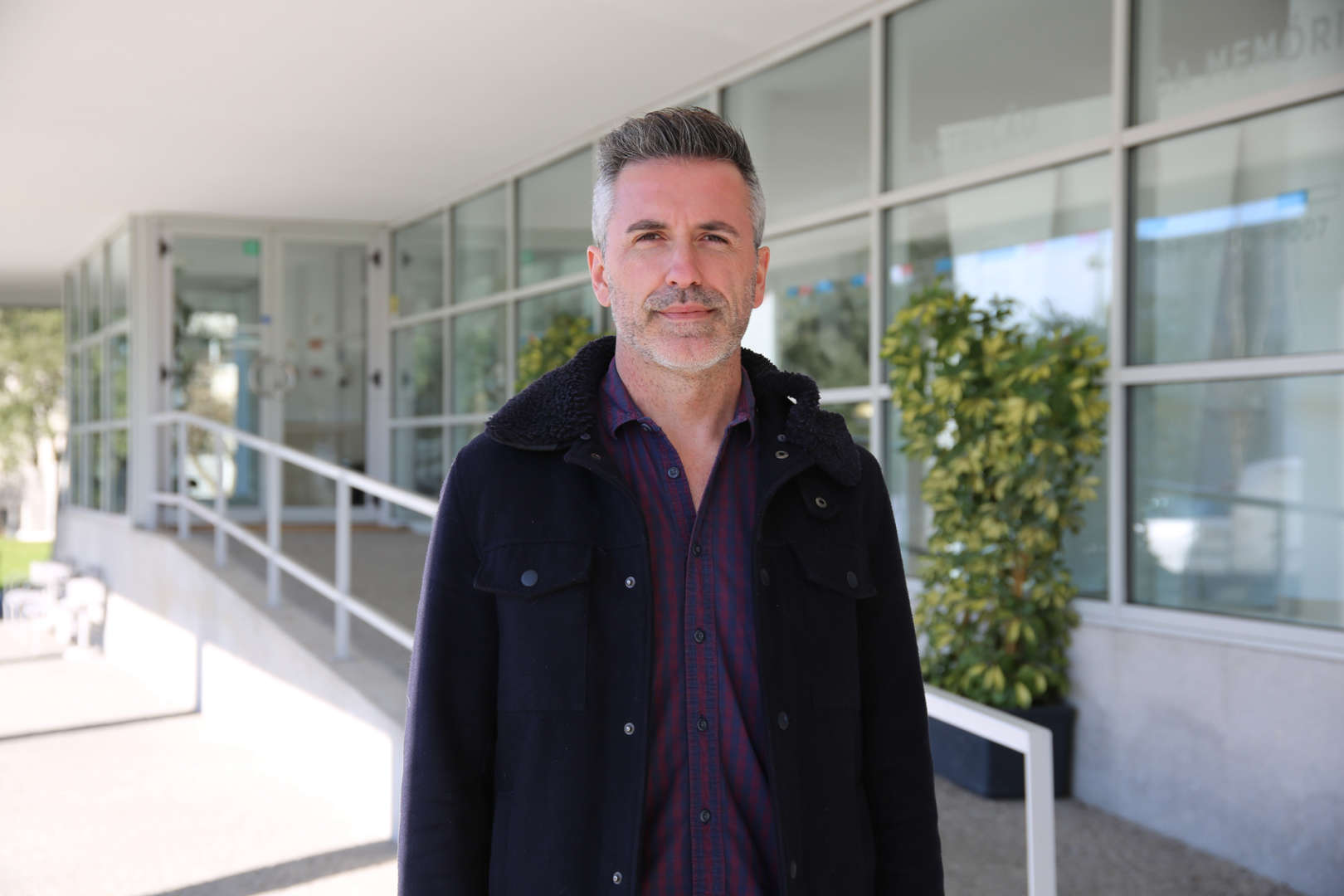Sobre
Doutorei-me em Ciências de Compu-tadores pela Faculdade de Ciências da Universidade do Porto (FCUP). Exerço a minha atividade como docente na Escola Superior de Media Artes e Design (ESMAD), onde sou responsável por disciplinas na área da Programação de Computadores, focada para os ambientes Web e Mobile. Paralelamente, desenvolvo atividade científica na área de Interoperabilidade entre Sistemas de E-learning e Gamificação. Sou autor de vários livros relacionados com computação móvel e de várias publicações científicas. Sou membro efetivo do Center for Research in Advanced Computing Systems (CRACS), uma unidade de investigação do laboratório Associado INESC TEC.


